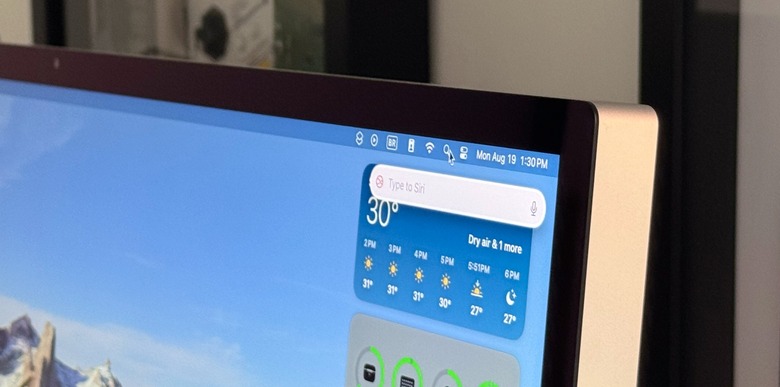macOS 26 May Drop Support To These Intel Macs As Apple Winds Down Transition
A recent report revealed Apple plans to switch from macOS Sequoia 15 to macOS 26 to maintain consistency across the company's operating system updates. This change might also reveal which Macs won't be compatible with macOS 26.
According to AppleInsider, Apple is dropping support for a few older Intel-based Macs in macOS 26. A pre-release version of macOS 26 was compatible with the following Mac models:
- MacBook Pro: 2019 model or later
- MacBook Air: M1 or later
- Mac Pro: 2019 or later
- Mac mini: M1 or later
- Mac Studio: All models
With that, Apple is discontinuing support for the 2018 MacBook Pro, the 2020 Intel MacBook Air, the 2017 iMac Pro, and the 2018 Mac mini. What's notable in this report is that Apple is finally cutting off some of the newer Intel Macs, including MacBook Air models. More surprisingly, powerful machines like the iMac Pro are also being phased out for the first time.
It's likely Apple will drop support for all Intel Macs by next year and shift its focus entirely to the M-series lineup.
Current rumors for macOS 26
Beyond the name change, here are some of the rumored features for macOS 26:
Bloomberg's Mark Gurman reports that macOS 26 "will fundamentally change the look of the operating systems and make Apple's various software platforms more consistent." According to the report, Apple plans to unify the look of iOS, iPadOS, and macOS to deliver a more streamlined experience across platforms.
Apple will update the design of icons, menus, apps, windows, and system buttons. This is expected to be the biggest redesign for the iPhone since iOS 7 and for the Mac since Big Sur. The goal is to bring more consistency to Apple's different operating systems.
Gurman also reports that Apple's new version of Siri will use more advanced large language models (LLMs), allowing users to have extended back-and-forth conversations with the assistant. Sources say this "LLM Siri," as Apple employees call it, will handle more complex requests more quickly. Still, it isn't expected to launch this September.
